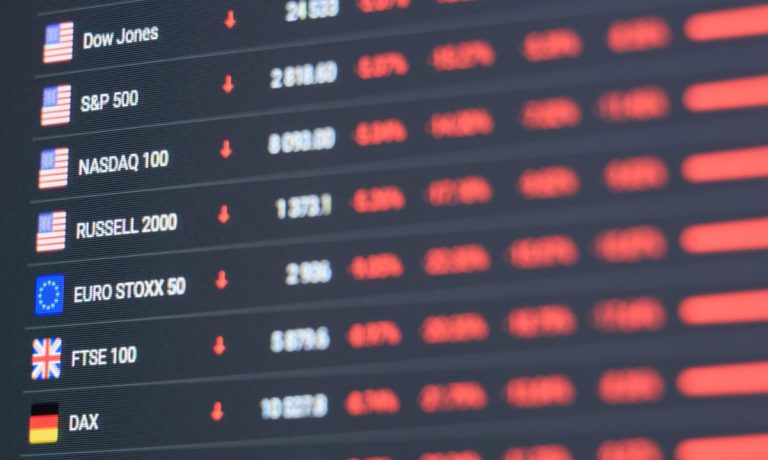Analysts Expect 6.8% Decline in First-Quarter Earnings

Analysts expect S&P 500 companies to report a year-over-year 6.8% decline in first-quarter earnings.
If those expectations turn out to be correct, that would be the biggest drop since the second quarter of 2020, when pandemic shutdowns began to be put in place, the Financial Times (FT) reported Monday (April 10).
The report attributes the expected decline in earnings to high inflation, high interest rates and fears of a coming recession, which are reducing margins and demand.
The analysts’ lowered expectations range across industries, with only the consumer discretionary, industrials and energy sectors expected to show strong growth compared to the same period last year, according to the report.
The materials sector is expected to be especially hard hit, as companies are cutting their spending because they expect their own sales to slow down, the report said.
Growth in the sector that is expected to see the strongest results — consumer discretionary — is being driven by industries related to hospitality. That in the second-strongest industry — industrials — is being led by the airlines industry, per the report.
The full impact of the recent bank failures won’t be seen in the upcoming first-quarter reports, because they happened late in the quarter, but they’re expected to have an impact on small and medium-sized businesses (SMBs) for the rest of the year in the form of tightening credit, according to the report.
PYMNTS research has found that 64% of Main Street small and medium-sized businesses (SMBs) expect the U.S. economy to enter a recession.
Among them, some 41% said a recession was already in the works, while another 20% said they believed a recession would come in the next six months, according to “Main Street Health Q4 2022: SMBs Brace for a Recession.”
Consumers, too, increasingly expect a recession.
The University of Michigan’s monthly Surveys of Consumers reported March 31 that consumer sentiment was 8% lower in March than it was during the previous month, although it was 4% higher than a was a year earlier.
The drop occurred across all demographic groups and was the first decline in consumer sentiment recorded in four months.
“Overall, our data revealed multiple signs that consumers increasingly expect a recession ahead,” Surveys of Consumers Director Joanne Hsu said in the report.